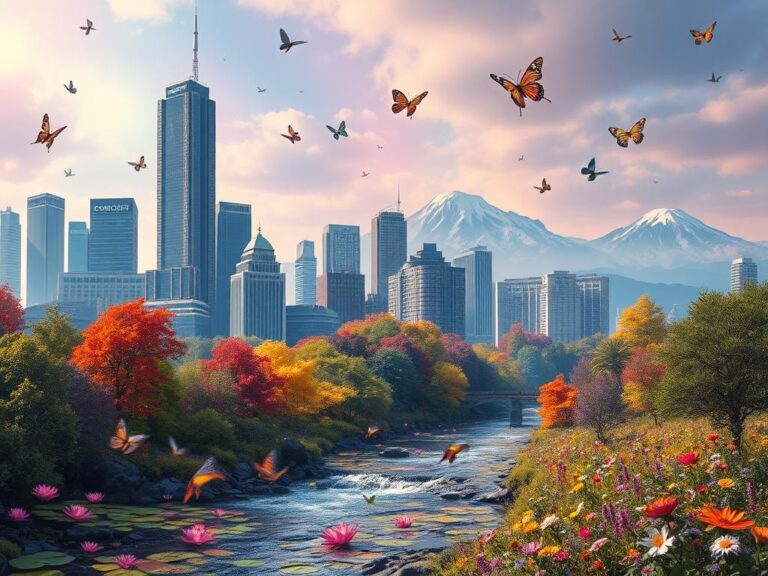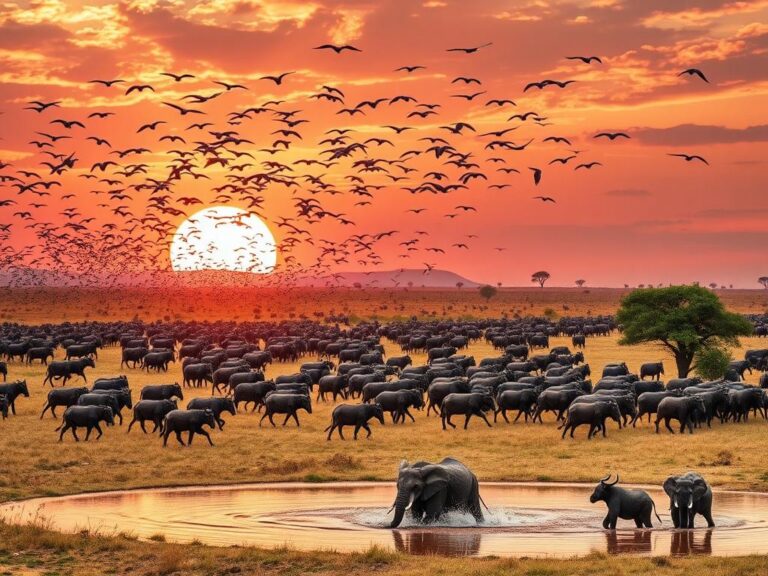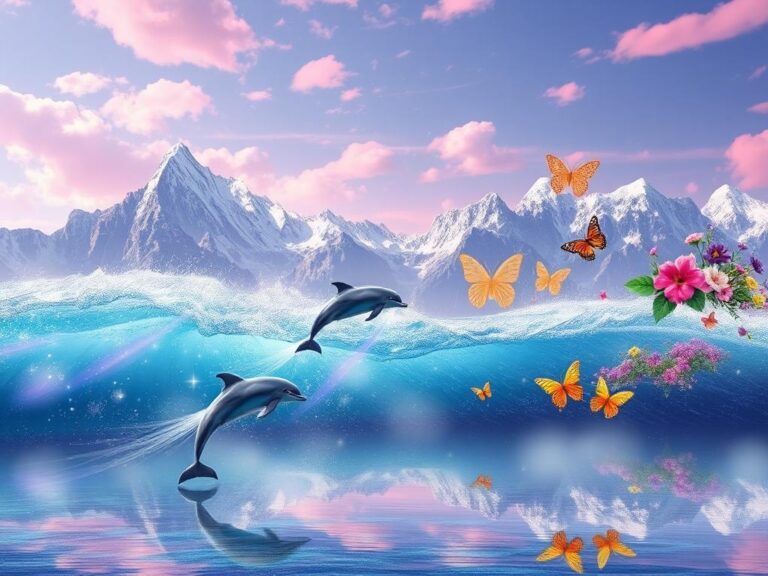100 Very Hard Quiz Questions To Challenge Your Knowledge
100 Very Hard Quiz Questions To Challenge Your Knowledge
Introduction
Quiz questions can be the perfect way to test your mental acuity, and “100 very hard quiz questions” will challenge even the most knowledgeable trivia enthusiasts.
The pursuit of knowledge is a never-ending journey, and quizzes provide a fun medium to stretch the mind and learn new facts.
This article aims to offer you a comprehensive compilation of challenging questions across various domains, from geography to science, literature to history, all designed to engage and excite your intellectual curiosity.
The Value of Challenging Quiz Questions
Challenging quiz questions serve as an excellent tool for learning and engagement. They are not merely a set of questions but a gateway to enhancing critical thinking and expanding one’s knowledge base.
As you strive to answer these questions, you’ll find that they not only test your existing knowledge but also motivate you to delve deeper into various subjects.
According to educational experts, quizzes can significantly improve retention and recall. This is especially true when the questions are challenging, pushing you to explore new ideas and gain practical knowledge.
Moreover, engaging in quizzes is an enjoyable way to socialize with friends and family, making learning a collective adventure.
Structure of Our Quiz Questions
The 100 very hard quiz questions are categorized into various fields of knowledge, ensuring diversity and depth.
Below are the categories in which the questions are divided:
- Geography
- History
- Literature
- Science
- Art and Music
- Sports
- Pop Culture
List of 100 Very Hard Quiz Questions
Here, we present an extensive and challenging range of quiz questions that will push you to think critically and creatively:
| Question | Category |
|---|---|
| What is the capital of Mongolia? | Geography |
| Who was the first woman to win a Nobel Prize? | History |
| What is the chemical symbol for the element Gold? | Science |
| In mathematics, what is the term for a polynomial of degree two? | Math |
| Identify the longest river in South America. | Geography |
| Who wrote the play “Waiting for Godot”? | Literature |
| What is the largest planet in our solar system? | Science |
| Who painted the ceiling of the Sistine Chapel? | Art |
| In what year did the Titanic sink? | History |
| What is the radius of a circle with a diameter of 10 cm? | Math |
| Who discovered penicillin? | Science |
| What is the hardest natural substance on Earth? | Science |
| Who is known for developing the theory of general relativity? | Science |
| What is the square root of 144? | Math |
| Name the author of the famous detective character Sherlock Holmes. | Literature |
| What organ is responsible for producing insulin in the human body? | Science |
| In which year did the Berlin Wall fall? | History |
| What is the primary language spoken in Brazil? | Geography |
| Identify the smallest country in the world. | Geography |
| What is the capital city of Australia? | Geography |
| What is the largest ocean on Earth? | Geography |
| Who was the 16th President of the United States? | History |
| What is the currency of Japan? | Geography |
| Name the physicist who formulated the laws of motion and universal gravitation. | Science |
| What is the name given to the fear of heights? | Psychology |
| In which country would you find Mount Fuji? | Geography |
| What is the main ingredient in traditional Japanese miso soup? | Food |
| Who composed the Four Seasons? | Music |
| In Roman numerals, what does the letter “X” represent? | Math |
| What unit is used to measure electrical resistance? | Science |
| What is the fastest land animal in the world? | Science |
| Who wrote the novel “1984”? | Literature |
| Name the first country to grant women the right to vote. | History |
| How many continents are there on Earth? | Geography |
| What is the capital city of Canada? | Geography |
| What geological period is known as the “Age of Reptiles”? | Geology |
| What element has the atomic number 1? | Science |
| Name the longest bone in the human body. | Science |
| What is the national flower of Japan? | Cultural Studies |
| In what year did World War II begin? | History |
| Who was the first astronaut to walk on the moon? | History |
| What is H2O more commonly known as? | Science |
| Who is the author of “Pride and Prejudice”? | Literature |
| What is the main language spoken in Egypt? | Geography |
| In which sport is the term “double fault” used? | Sports |
| Who is often referred to as the “Father of Modern Physics”? | Science |
| What vitamin is primarily produced when the skin is exposed to sunlight? | Health |
| Who was the famous civil rights leader known for his “I Have a Dream” speech? | History |
| Name the largest continent by land area. | Geography |
| What historical event is celebrated on July 4th in the United States? | History |
| Who discovered the law of gravity? | Science |
| In which organelle does photosynthesis occur? | Biology |
| What is the most abundant gas in the Earth’s atmosphere? | Science |
| Who painted “The Starry Night”? | Art |
| What musical instrument has 88 keys? | Music |
| In which city would you find the Colosseum? | Geography |
| Which planet is known as the “Red Planet”? | Science |
| What is the currency used in the United Kingdom? | Geography |
| Who is the Greek god of the sea? | Mythology |
| What is the primary ingredient used in guacamole? | Food |
| What book begins with the line, “Call me Ishmael”? | Literature |
| What is the capital of Iceland? | Geography |
| Who is known as the “Queen of Soul”? | Music |
| In what country did the Olympic Games originate? | History |
| What is the boiling point of water at sea level in degrees Celsius? | Science |
| What is the largest desert in the world? | Geography |
| Who invented the telephone? | Science |
| What is the primary function of red blood cells? | Biology |
| In which country is the Great Barrier Reef located? | Geography |
| What is the chemical formula for table salt? | Chemistry |
| Who wrote the “Iliad” and the “Odyssey”? | Literature |
| What is the main component of the sun? | Astronomy |
| Who developed the periodic table of elements? | Science |
| What is the primary language spoken in Russia? | Geography |
| How many bones are in a human adult body? | Biology |
| In what year did the first manned moon landing occur? | History |
| Name the author of “To Kill a Mockingbird”. | Literature |
| What is the smallest planet in our solar system? | Science |
| What is the capital of Egypt? | Geography |
| In which year did the Chernobyl disaster occur? | History |
| What is the name of the longest reigning British monarch? | History |
| Who painted “The Last Supper”? | Art |
| What is the term for a group of wolves? | Animal Behavior |
| Which element has the chemical symbol Fe? | Chemistry |
| Name the planet known for its rings. | Science |
| What is the highest mountain in the world? | Geography |
| Who was the first woman in space? | History |
| What is the national animal of Canada? | Cultural Studies |
| What is the scientific study of plants called? | Biology |
| What is the world’s largest mammal? | Science |
| Who wrote the famous play “Hamlet”? | Literature |
| What year did the Titanic make its maiden voyage? | History |
| Who is the current Secretary-General of the United Nations? | Politics |
| What is the primary function of the kidneys? | Biology |
| Who is credited with creating the first successful polio vaccine? | Science |
| What is the main component of the Earth’s atmosphere? | Science |
| In which city is the Eiffel Tower located? | Geography |
| What was the first animated feature film? | Film |
| Who was the famous physicist known for the theory of electromagnetism? | Science |
| What is the capital of Sweden? | Geography |
Conclusion
Challenging yourself with “100 very hard quiz questions” is not just about testing your knowledge but also discovering new information and honing your critical thinking skills.
This compilation of questions spans various topics, encouraging you to think deeply about each subject.
Whether for personal growth, a trivia night with friends, or simply to enjoy the thrill of quizzing yourself, these questions serve as both an intellectual exercise and a source of entertainment.
Now that you have this extensive collection at your fingertips, dive in and discover how much you truly know.
FAQs
What is the purpose of challenging quiz questions?
Challenging quiz questions are designed to test your knowledge and expand your understanding of various topics.
How can I use these questions effectively?
You can use these questions in trivia nights, classrooms, or simply as a fun way to engage with friends and family.
What topics are covered in the quiz?
The quiz covers a wide range of topics including geography, history, literature, science, art, and pop culture.
How can I improve my trivia skills?
Engaging regularly with quizzes, reading broadly on various subjects, and participating in trivia games can help improve your skills.
By sharing your thoughts, questions, or experiences in the comments section, you can further enrich this exciting journey through knowledge!







